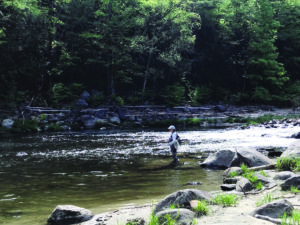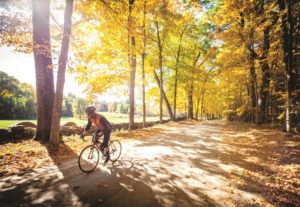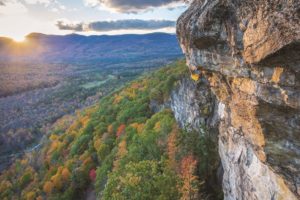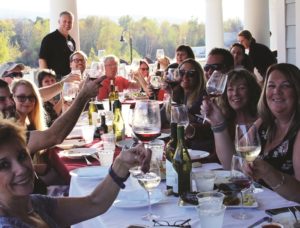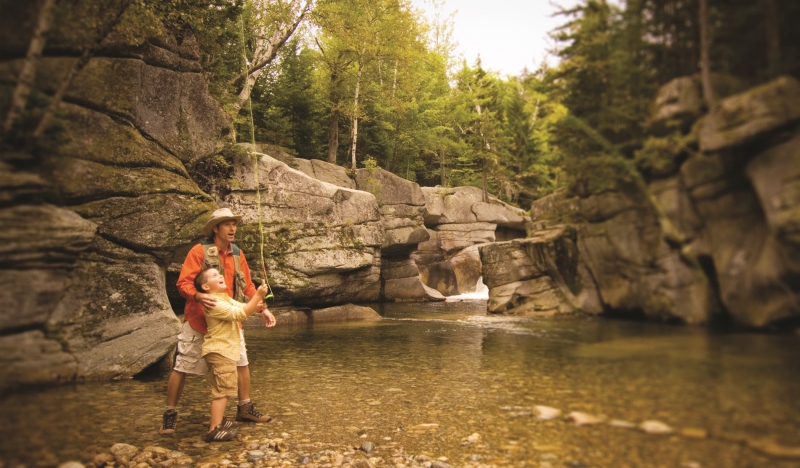
If there is anyone who can appreciate the highs and lows of the sublime pastime of fly-fishing, it would be the New England skier.
Think about it: We head to the mountains, full of anticipation and hopes for a spectacular day on the slopes, without ever being 100 percent sure of exactly what we’ll find. It’s even more of a leap of faith when we line up months before Thanksgiving to buy our season passes, with little “hard data” about what the winter will bring. That’s the reality of winter in the Northeast.
The weather, and the snow conditions, can be wildly inconsistent. That’s part of the charm of New England skiing, right? Same holds true for fishing. One day, you can get totally skunked (invoking the wise words an old Maine guide once shared with me: “There’s a reason they call it fishing, not catching.”). Yet, the next day, in the very same spot, you might have a tremendous day pulling slabs out of the water.
And that, of course, is the reason we keep coming back.
